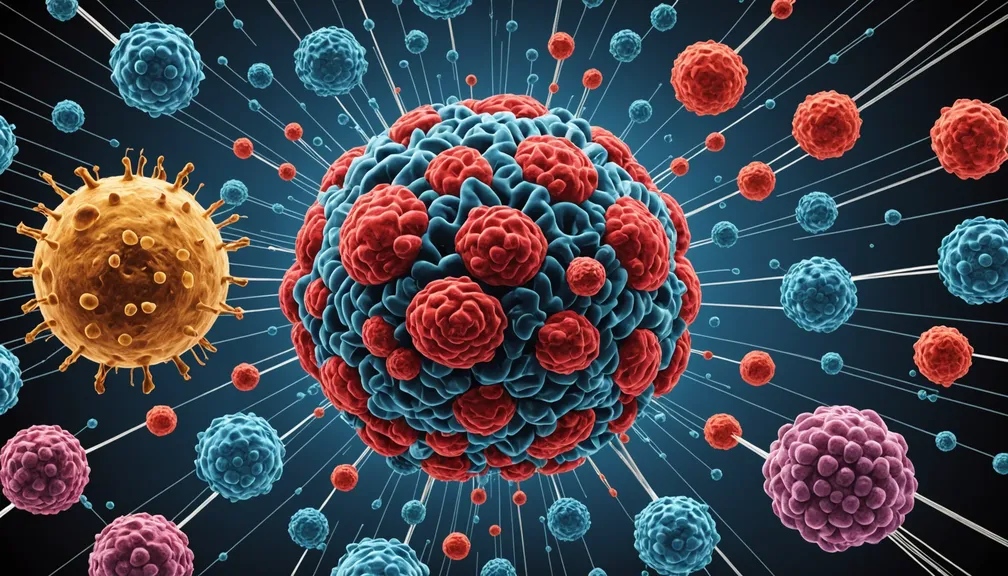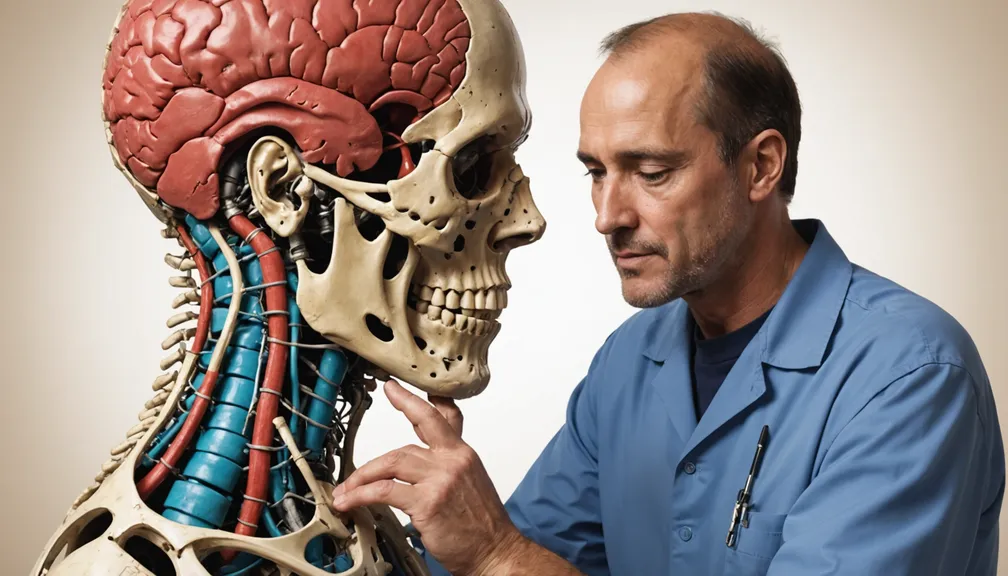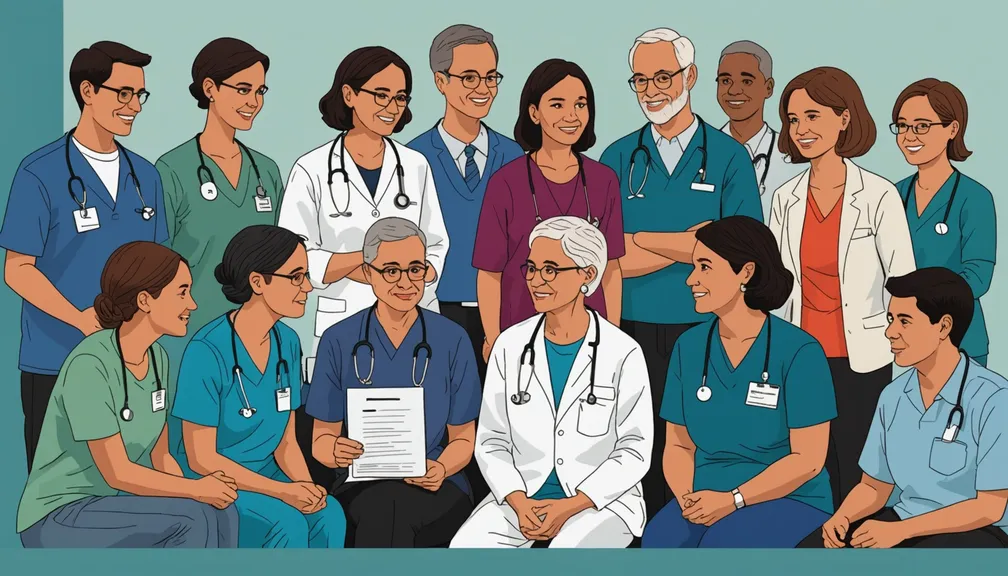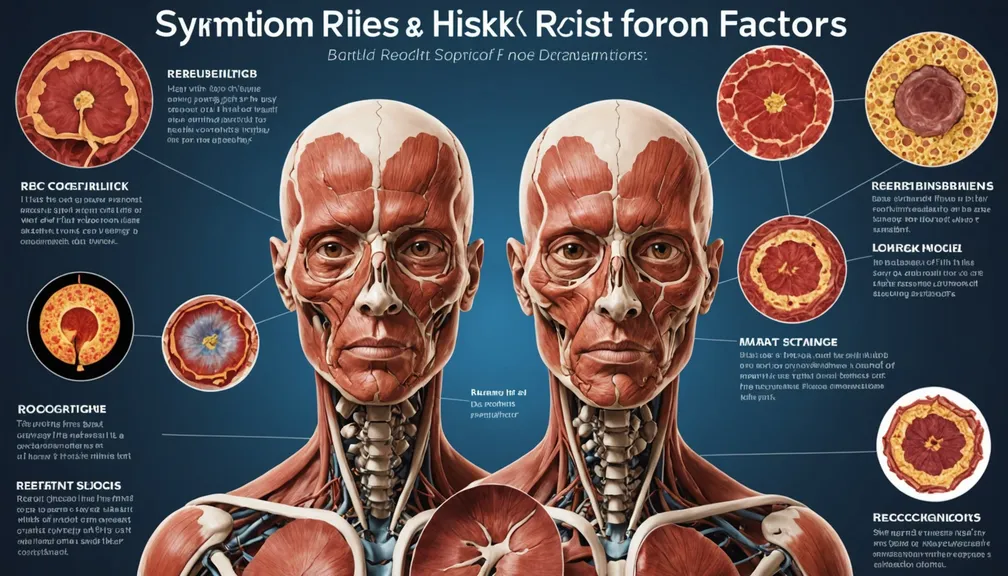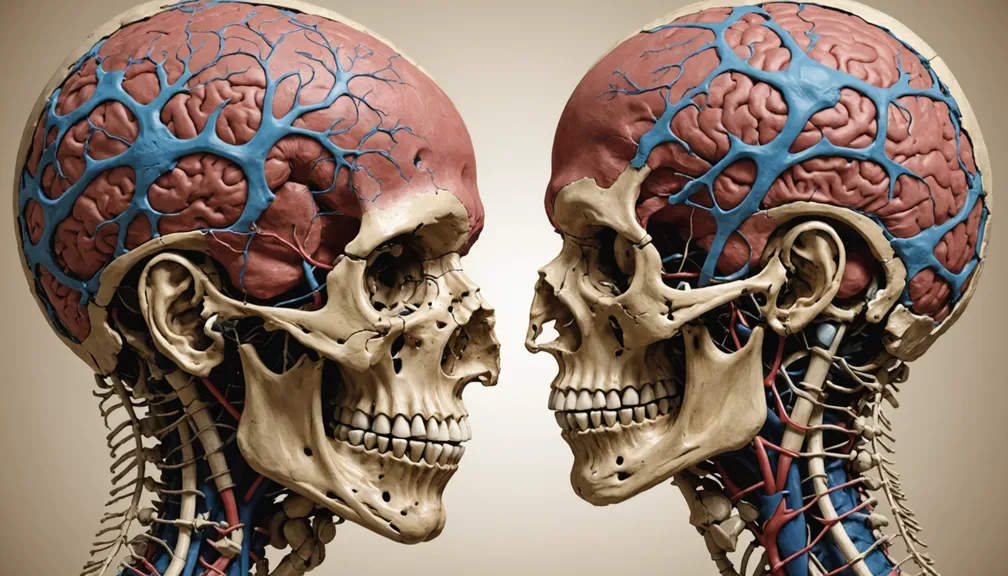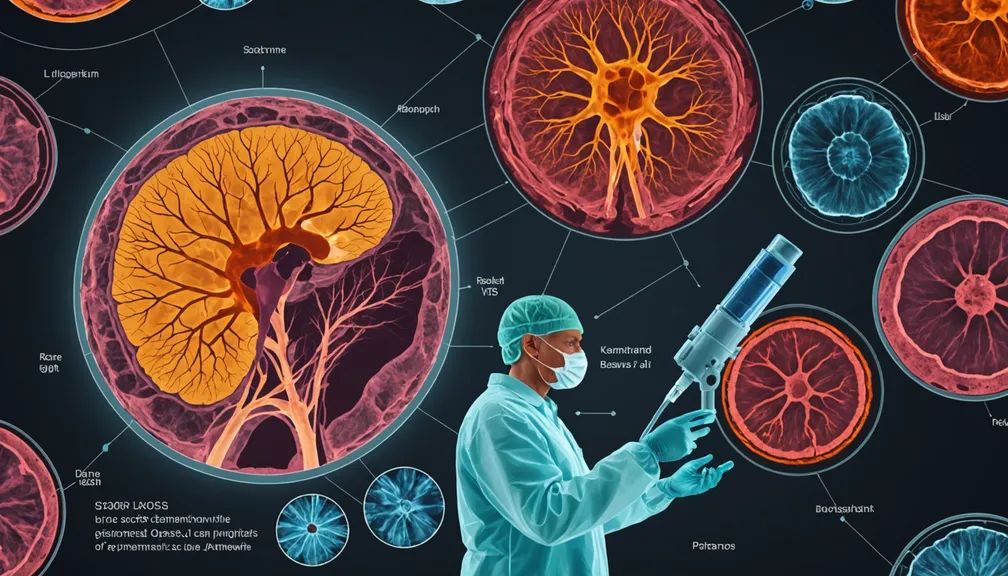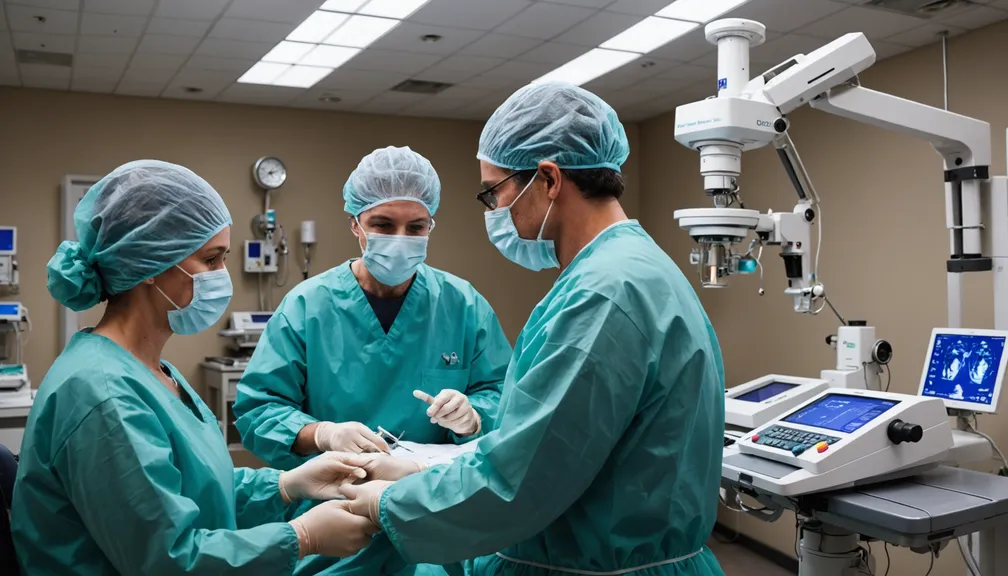Symptoms and Risk Factors: Recognizing the Signs
Recognizing Symptoms of Rare Solid Tumors
Understanding the symptoms of rare solid tumors is crucial for early detection and effective treatment. While symptoms can vary depending on the tumor's location and type, there are common signs to watch for.
General Symptoms
Rare solid tumors may present with: - Unexplained Weight Loss: Losing weight without trying can be a warning sign. - Fatigue: Persistent tiredness that doesn't improve with rest. - Pain: Persistent or unexplained pain in a specific area of the body. - Swelling or a Lump: Noticeable lumps or swelling under the skin. - Fever: Frequent fevers without a clear infection cause. - Changes in Skin: Unusual changes in skin color, texture, or appearance.
Symptoms Based on Tumor Location
Different solid tumors affect specific organs, leading to unique symptoms: - Bone Tumors: - Bone pain, especially at night or during activity - Swelling and tenderness near the affected bone - Muscle Tumors: - Persistent muscle pain or weakness - Visible swelling or a mass in the muscle area - Connective Tissue Tumors: - Joint pain or stiffness - Limited range of motion in affected areas - Nervous System Tumors: - Headaches, especially those that worsen over time - Seizures or changes in vision and hearing
Understanding Risk Factors
Certain factors can increase the likelihood of developing rare solid tumors. Being aware of these can help in monitoring and early detection.
Genetic Predispositions
- Family History: A family history of cancer can raise your risk.
- Inherited Syndromes: Conditions like Li-Fraumeni syndrome or neurofibromatosis increase susceptibility.
Environmental and Occupational Exposures
- Radiation Exposure: High levels of radiation can contribute to tumor development.
- Exposure to Carcinogens: Chemicals such as asbestos or benzene found in some workplaces.
Lifestyle Risk Factors
- Smoking: Increases the risk of various cancers, including some rare solid tumors.
- Diet and Exercise: Poor diet and lack of physical activity can contribute to cancer risk.
Medical History and Previous Conditions
- Chronic Inflammation: Long-term inflammatory conditions may increase cancer risk.
- Previous Cancers: Having had cancer before can heighten the risk of developing another type.
Early Detection and Its Importance
Early detection of rare solid tumors can significantly improve treatment outcomes. Recognizing the signs early allows for timely medical intervention.
Benefits of Early Detection
- Better Treatment Options: Early-stage tumors are often more treatable.
- Increased Survival Rates: Detecting cancer early can lead to higher chances of survival.
- Less Aggressive Treatments: Early detection may allow for less invasive treatment methods.
Common Signs to Monitor
- Persistent Symptoms: Ongoing pain, swelling, or fatigue that doesn't resolve.
- Unusual Changes: Any new or unusual changes in your body should be evaluated.
- Functional Changes: Difficulties with everyday activities due to physical changes.
When to Seek Medical Help
If you notice any of the symptoms or risk factors mentioned, it's important to consult a healthcare professional promptly. Early consultation can lead to timely diagnosis and better management of the condition.
Healthcare Professionals Who Can Help
Managing a rare solid tumor often involves a team of specialized healthcare providers:
- Oncologists: Doctors who specialize in cancer treatment.
- Surgeons: Specialists who perform operations to remove tumors.
- Radiologists: Experts in imaging techniques to diagnose and monitor tumors.
- Pathologists: Professionals who analyze tissue samples to identify cancer types.
- Genetic Counselors: Provide information on genetic risk factors and testing.
- Nurses and Support Staff: Offer care and support throughout treatment.
Summary
Recognizing the symptoms and understanding the risk factors associated with rare solid tumors are essential steps in ensuring early detection and effective treatment. Stay informed, monitor your health, and consult with specialized healthcare professionals if you notice any concerning signs.
